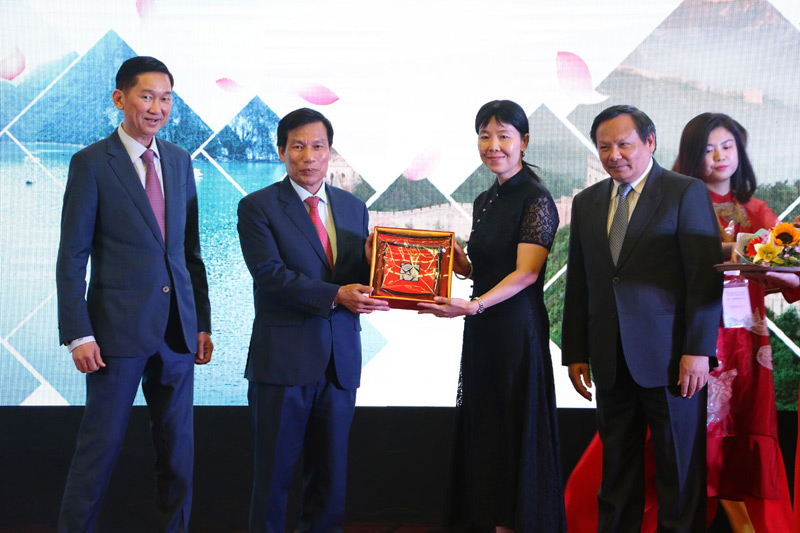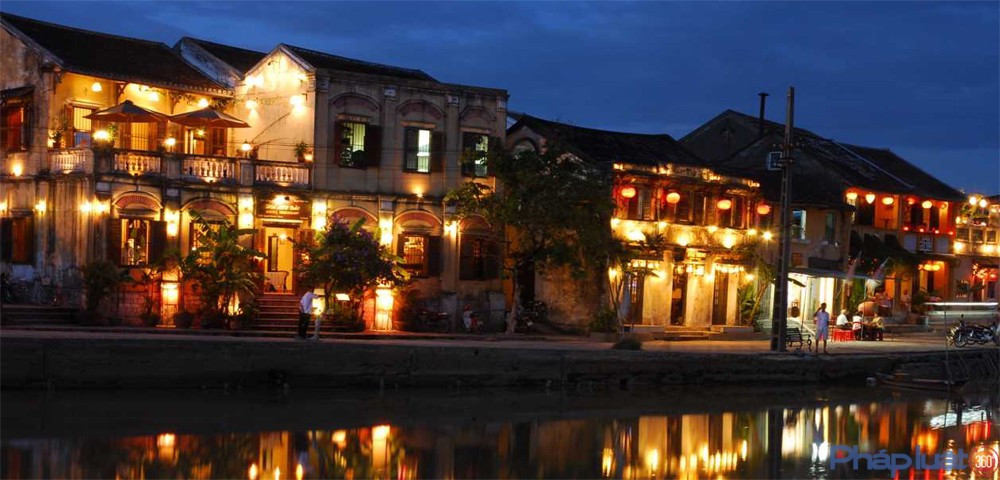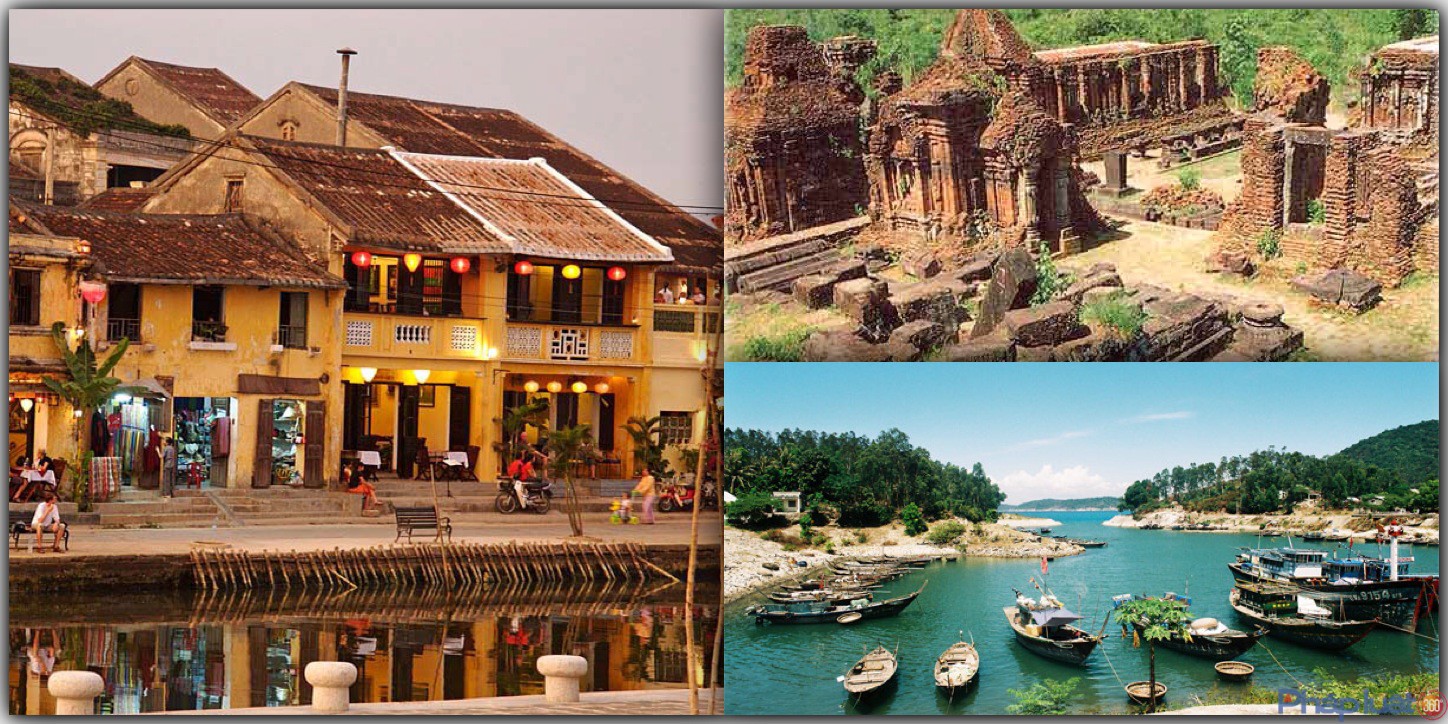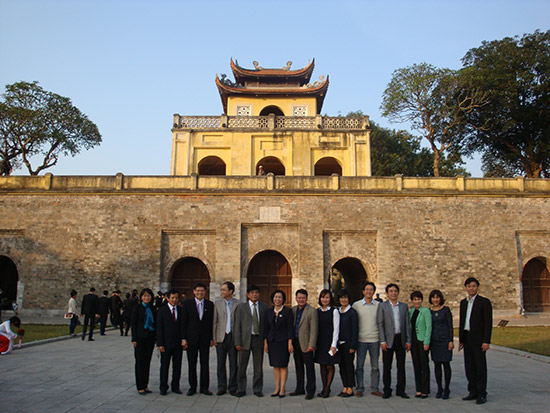Vietnamese museums: Relevant laws and regulations
Museums are places where collections on natural and social history are preserved and displayed in service of the people’s needs for research, education, visit and cultural enjoyment. How are Vietnam’s regulations on museums?
According to Article 47 of the Law on Cultural Heritage 2001 of Vietnam, Vietnamese museums include:
- National museums, which are places where collections with national typical values are preserved and displayed;
- Specialized museums, which are places where collections with typical values in particular specialties are preserved and displayed;
- Provincial-level museums, which are places where collections with typical values within localities are preserved and displayed;
- Private museums, which are places where collections on one or several themes are preserved and displayed.
Conditions for the establishment of a museum include:
- Possessing collection(s) on one or several themes;
- Having a display area, storage and preservation means;
- Having personnel mastering professional knowledge and techniques for museological activities.
Museums have the following tasks and powers:
- To collect, inventory, preserve and display collections;
- To conduct scientific researches into cultural heritages;
- To organize the promotion of cultural heritages values for the interest of the entire society;
- To build up the contingent of professional personnel;
- To manage the material foundations and technical facilities and equipment;
- To undertake international cooperation according to the provisions of law;
- To perform other tasks and exercise other powers according to the provisions of law.
View more: The Law on Cultural Heritage 2001 of Vietnam was issued on June 29, 2001, effective from January 01, 2002.
- Key word:
- Law on Cultural Heritage 2001
- Number of deputy directors of departments in Vietnam in accordance with Decree 45/2025/ND-CP
- Cases ineligible for pardon in Vietnam in 2025
- Decree 50/2025 amending Decree 151/2017 on the management of public assets in Vietnam
- Circular 07/2025 amending Circular 02/2022 on the Law on Environmental Protection in Vietnam
- Adjustment to the organizational structure of the Ministry of Health of Vietnam: Certain agencies are no longer listed in the organizational structure
- Vietnam aims to welcome 22-23 million international tourists in Vietnam in 2025
-
.jpg)
- Vietnam: Guiding the procedures for application ...
- 16:42, 03/01/2015
-

- Vietnam: Contents of international cooperation ...
- 09:45, 07/01/2004
-

- Criteria for determining historical-cultural relics ...
- 09:30, 06/01/2004
-

- Conducting illegal excavations at archaeological ...
- 09:15, 13/01/2003
-

- Rights and obligations of organizations and individuals ...
- 09:25, 12/11/2002
-

- Notable new policies of Vietnam effective as of ...
- 16:26, 11/04/2025
-
.Medium.png)
- Notable documents of Vietnam in the previous week ...
- 16:21, 11/04/2025
-
.Medium.png)
- Notable documents of Vietnam in the previous week ...
- 16:11, 02/04/2025
-
.Medium.png)
- Notable new policies of Vietnam to be effective ...
- 16:04, 02/04/2025
-
.Medium.png)
- Notable new policies of Vietnam effective from ...
- 14:51, 21/03/2025

 Article table of contents
Article table of contents
